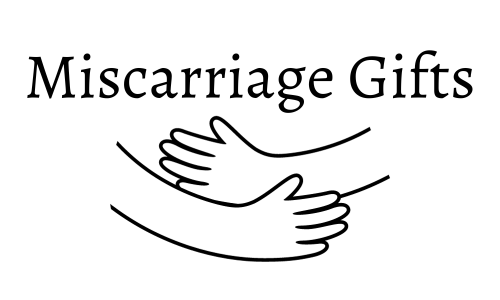Grief is a deeply personal journey, and after the heart-breaking experience of a miscarriage, navigating the path to healing can be especially hard. At Miscarriage Matters, we recognize the need for supportive tools on this journey. In this post, we explore the purpose, benefits, and profound impact of a grief journal on a mother's healing process after a miscarriage.
-
The Need for Expression: Grief Unveiled Through Words The emotions that follow a miscarriage can be overwhelming, and finding a safe space to express them is very important for healing. A grief journal provides an outlet for mothers to articulate their feelings, fears, and hopes in a private and non-judgmental environment.
-
Purpose of a Grief Journal: A Companion on the Healing Journey A grief journal serves as a companion on the healing journey, offering a dedicated space to process emotions and reflect on the complexities of grief. It becomes a tangible record of the mother's unique experience, capturing moments of pain, resilience, and gradual healing.
-
Benefits of Keeping a Grief Journal After Miscarriage:
- Emotional Release: Writing allows mothers to release pent-up emotions, providing a healthy and constructive way to cope with grief.
- Self-Reflection: Journaling encourages self-reflection, aiding in the understanding of emotions and fostering a deeper connection with oneself.
- Tracking Progress: Over time, a grief journal becomes a testament to progress, revealing the strength and resilience that emerge during the healing process.
- Communication Aid: For those who find it challenging to verbalize their grief, a journal becomes a silent confidante, facilitating communication with oneself and, if desired, with others.
-
Navigating Life After Miscarriage: How a Grief Journal Helps
- Daily Reflections: By jotting down thoughts and feelings each day, mothers can observe patterns, triggers, and moments of solace, gaining valuable insights into their grief journey.
- Setting Goals: A grief journal allows mothers to set and track realistic healing goals, fostering a sense of direction and purpose as they navigate life after miscarriage.
- A Tool for Self-Compassion: Writing can be an act of self-compassion. It allows mothers to be gentle with themselves, acknowledging the pain while also recognizing moments of strength and resilience.
In the aftermath of a miscarriage, the journey to healing is unique for each mother. A grief journal becomes a cherished ally, providing a purposeful space for expression, reflection, and growth. At Miscarriage Matters, we believe that healing is a transformative process, and a grief journal can be a powerful tool to navigate the complexities of life after miscarriage. May each written word be a step toward healing and a testament to the strength that resides within.


2 comments
Healing after a miscarriage is really tough. 🥺 I agree with the suggestion in this blog about using a grief journal, and it totally makes sense. It’s like your own safe spot to let out emotions and see how you’re doing. Simple, yet so helpful on the complex journey of healing after losing a baby. 💔💕
For women who like to write especially, keeping a journal is a great outlet for emotions and thoughts. There are things that you can’t say to other people, even your partner sometimes, and writing those thoughts down helps to get them out of your mind. As a friend, you could potentially give the journal as a miscarriage sympathy gift. Writing in a journal definitely is a way to see how your process of healing changes over time and moves through the grief cycle.